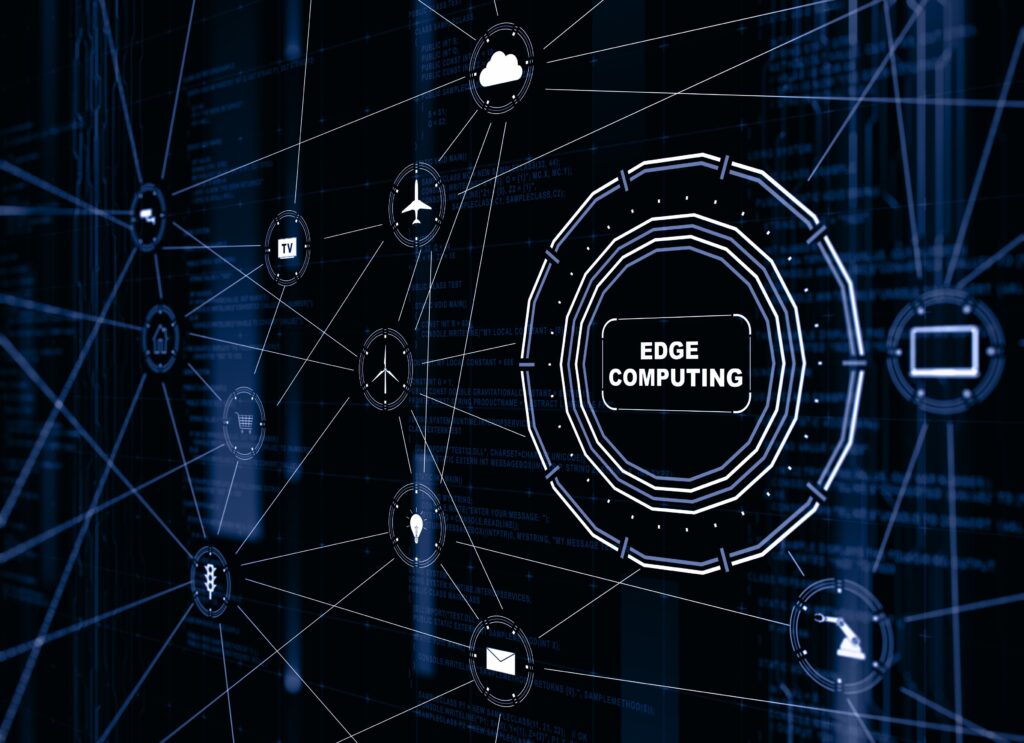Edge Computing: The Future of Data Processing
In a world increasingly shaped by digital technologies, the importance of efficient and fast data processing continues to grow. Edge Computing represents a revolutionary approach that fundamentally changes the way data is processed. Instead of handling information exclusively in central data centers, processing takes place directly at the source – on IoT devices, sensors, or edge servers. This shift offers numerous advantages, from reduced latency to improved data protection measures.
What is Edge Computing?
Edge Computing moves data processing away from central data centers and closer to the source of data generation. Instead of transmitting data over long distances to a central server, it is processed directly where it originates. This method reduces delays and enhances performance, especially for applications requiring rapid response times.
Speed and Efficiency Through Local Processing
A key advantage of Edge Computing is speed. In an era where real-time applications such as autonomous driving, industrial production processes, or intelligent video analytics are becoming increasingly important, local data processing offers enormous benefits. Latency is minimized since information no longer has to travel long distances to a central data center. This results in faster response times and more stable performance. For example, an autonomous vehicle can only navigate safely if it can process and react to sensor data almost instantly.
Moreover, it reduces the load on central IT infrastructures. By processing data locally, only relevant information is forwarded to central systems. This decreases network congestion and saves costs associated with data transmission. Particularly for businesses handling large volumes of data, this leads to significant efficiency gains. Machines and systems communicate in real time, and data analysis takes place directly on-site. The result: optimized production processes and reduced downtime.
Enhanced Data Protection
Another crucial aspect is data protection. With stringent regulations such as the GDPR, the IT industry faces the challenge of safeguarding sensitive information. Edge Computing provides an effective solution: Since data is processed and stored locally, companies retain full control over their information. This minimizes the risk of data breaches and fosters trust among customers and users.
Applications of Edge Computing
The applications of Edge Computing are diverse. In smart cities, it enables more efficient traffic management, optimized energy consumption, and improved security monitoring. In the healthcare sector, medical devices can analyze data directly, allowing for faster diagnoses. Even in retail, Edge Computing offers advantages, such as real-time customer data analysis to enhance the shopping experience.
The Key Benefit: Edge Computing as a Pioneer of the Future
Edge Computing is more than just a technological trend – it is the future of data processing. Businesses leveraging this technology benefit from faster processes, reduced costs, and enhanced security. At the same time, Edge Computing lays the foundation for innovative business models and applications that will sustainably transform our world.
The time is ripe to seize these advantages and drive digital transformation forward. Whether in industry, healthcare, or urban development – the possibilities are nearly limitless. With tailored solutions and extensive expertise, we support you on your journey to digital transformation. Contact us today.
You Might Also Be Interested In:
Quantum Computing: The Technology of the Future
Cloud Security Architecture: How SMEs Can Protect Their Data in the Cloud


